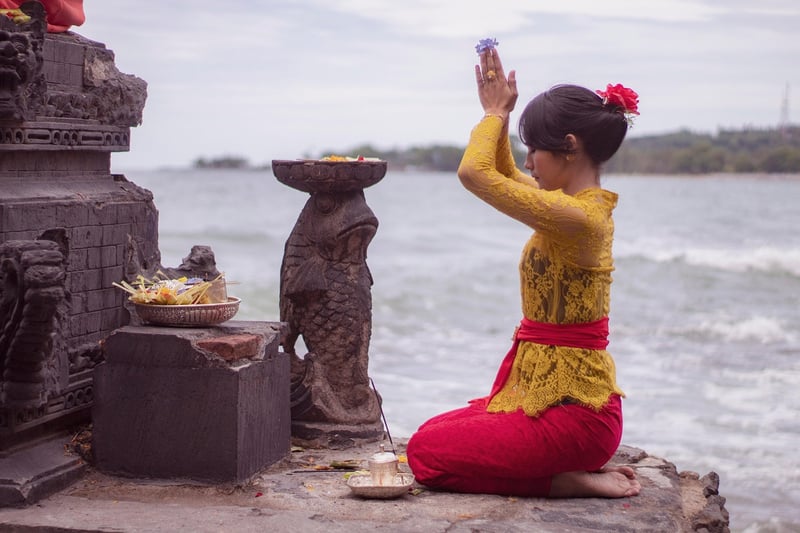Cultural Customs
The Power of Incorporating Rituals into Events
Events are not just about gatherings; they are about creating memorable experiences that resonate with attendees long after the event concludes. One powerful way to enhance the impact of an event is by incorporating rituals that add a sense of depth, meaning, and cultural significance. Rituals have the ability to connect people, evoke emotions, and create a sense of unity and belonging.
Why Include Rituals in Events?
Rituals are an integral part of human culture and have been used for centuries to mark important milestones, celebrate achievements, and bring people together. When incorporated into events, rituals can:
- Engage attendees on a deeper level
- Create a sense of tradition and continuity
- Enhance the overall atmosphere and ambiance
- Help attendees connect with each other and the event's purpose
Types of Rituals to Consider
There are various types of rituals that can be incorporated into events, depending on the event's theme, purpose, and cultural context. Some examples include:
- Opening/Closing Rituals: Setting the tone for the event with a meaningful opening ritual and concluding with a closing ritual to leave a lasting impression.
- Cultural Customs: Incorporating customs and traditions specific to a particular culture or community to celebrate diversity and inclusivity.
- Interactive Rituals: Engaging attendees in interactive rituals that encourage participation and create shared experiences.
- Reflective Rituals: Providing moments for reflection, gratitude, or remembrance to add a deeper emotional layer to the event.
Case Study: Cultural Customs in Events
One powerful way to incorporate rituals into events is by embracing cultural customs that resonate with attendees from diverse backgrounds. For example, a multicultural festival can feature:
- Dance Performances: Showcase traditional dances from different cultures to celebrate diversity and promote cultural exchange.
- Food Tastings: Offer a variety of authentic dishes from various cultures to tantalize taste buds and create a culinary journey.
- Craft Workshops: Provide hands-on activities where attendees can learn traditional crafts or arts unique to different cultures.

By incorporating cultural customs into events, organizers can foster a sense of inclusivity, respect, and appreciation for diverse heritages, enriching the overall event experience for everyone involved.
Conclusion
Incorporating rituals, especially cultural customs, into events can elevate the attendee experience, create lasting memories, and foster a sense of unity and connection. Whether it's through traditional dances, ceremonial practices, or interactive activities, rituals add a unique dimension to events that go beyond mere entertainment. By embracing rituals, event organizers can make a meaningful impact and leave a lasting impression on attendees.
